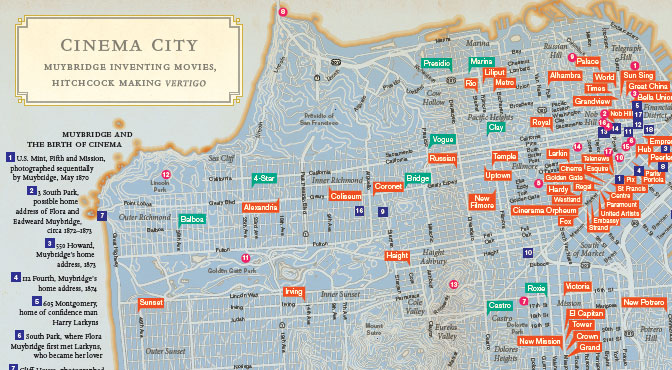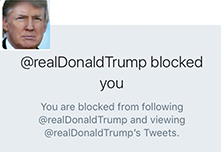In the final module of this course, our focus is advocacy and activism.
Watch a couple videos. One video is a “crash course” on US law about freedom of speech — you might need to watch it more than once to catch everything. I’ll ask you to pick one other video to watch (see below).
Additionally, please write two short posts for your blog. One post should discuss your position on freedom of speech. The second should discuss, analyze, or assess the rhetoric and style of the person (or people) in the video you choose.
But first! I’m going to tell you the story of a colorful personality, the great Lloyd Bitzer. Actually, he was not a colorful personality, which you will discover if you do an image search. But he was an important figure in the history of the study of rhetoric.
Bitzer wrote a famous definition of rhetoric. He argued that rhetoric is speaking or writing that seeks to change the world by changing the thoughts or values of an audience. The members of the audience, with their new thoughts or ideas, become the agents for change.
So if you want to change the world, that means there must be something wrong with it, right? Exactly. Bitzer theorized that people speak up because they encounter what he called an “exigence” (most people today would say “exigency,” but when you’re the great Lloyd Bitzer I guess you can spell words however you want).
An exigence, Bitzer wrote, is “is an imperfection marked by urgency; it is a defect, an obstacle, something waiting to be done, a thing which is other than it should be.” Hang on to this idea — it’ll be important in the coming weeks.
Videos:
We watched this is class, but watch it again: Freedom of Speech.
Pick one of the following, depending on your interests. Or watch more than one — they all help us think about the complex relationship between rhetoric (speech or writing that moves people to act) and direct action (such as civil disobedience).
Comedian George Carlin delivers his notorious “Seven Words You Can’t Say on TV” bit (audio only, from a 1972 recording). The fallout from this monologue went all the way to the US Supreme Court — look it up, Pacifica v. FCC.
Political scientist Erica Chenoweth studies the success rate of nonviolent social movements in a TEDx talk. You can hear from Chenoweth and her co-author Maria Stephan in this NPR piece as well.
Civil Rights leader Martin Luther King argues for the right to protest in a speech given the night before his assassination in 1968 (this is a very short excerpt, but you can find the full transcript and audio elsewhere online). If you haven’t seen King’s later speeches, they’re worth watching — like this one.
Lastly, would any list be complete without Matt Damon?


